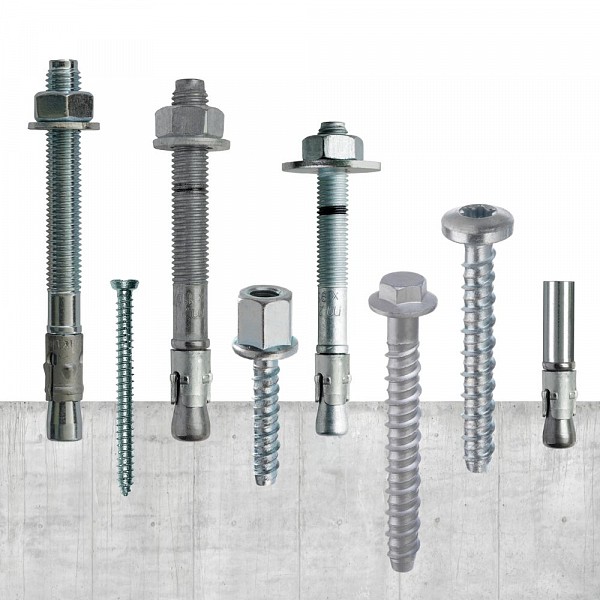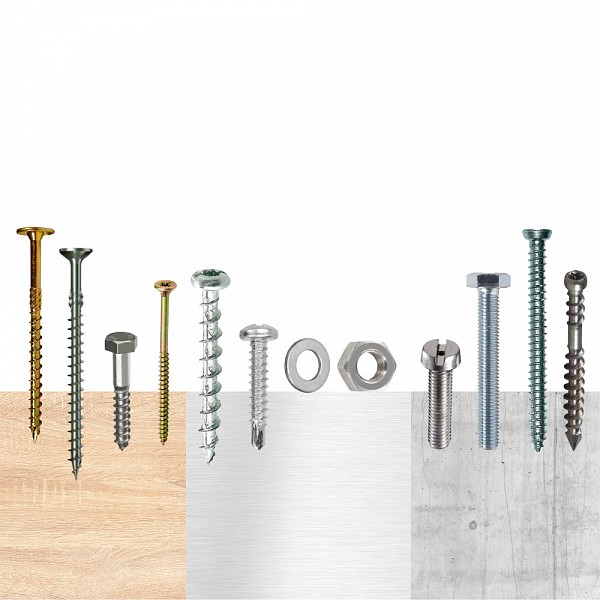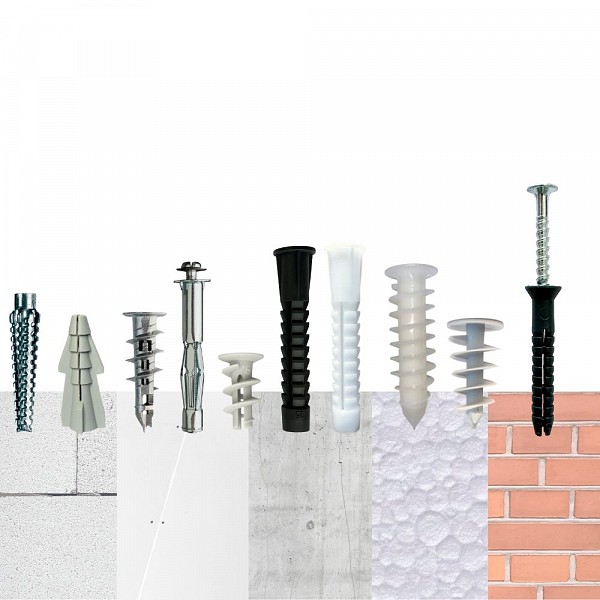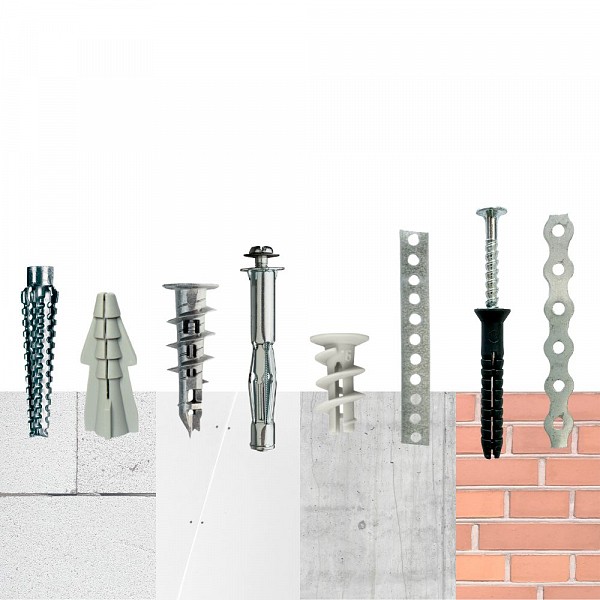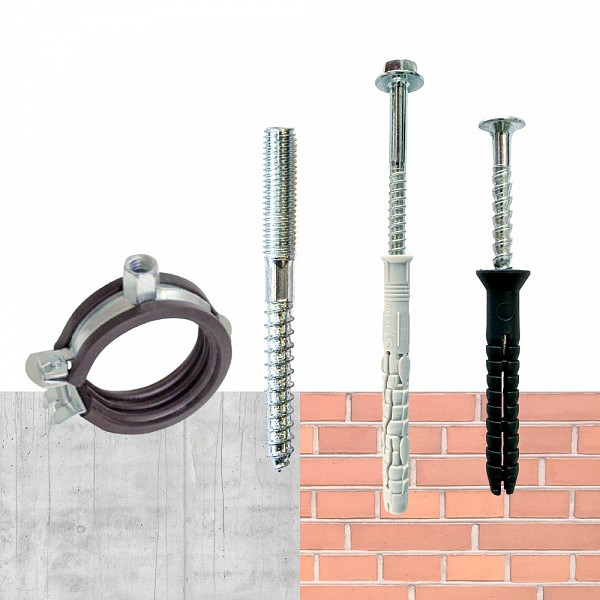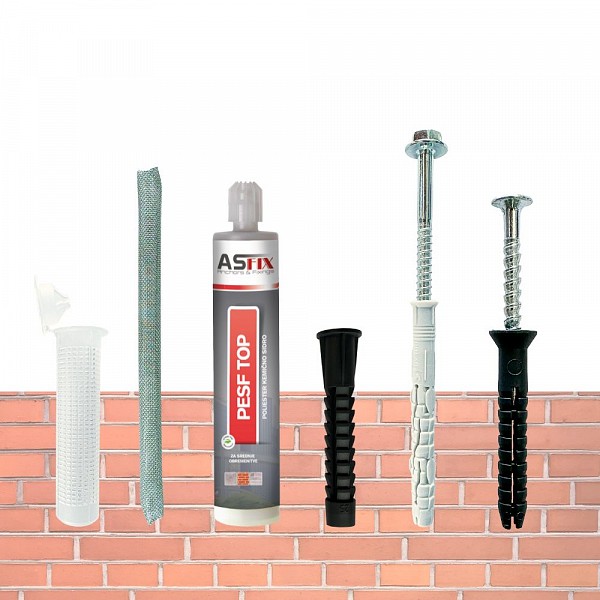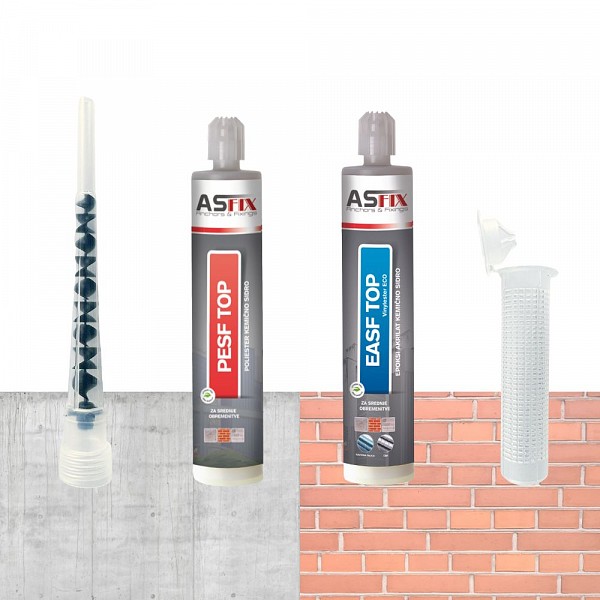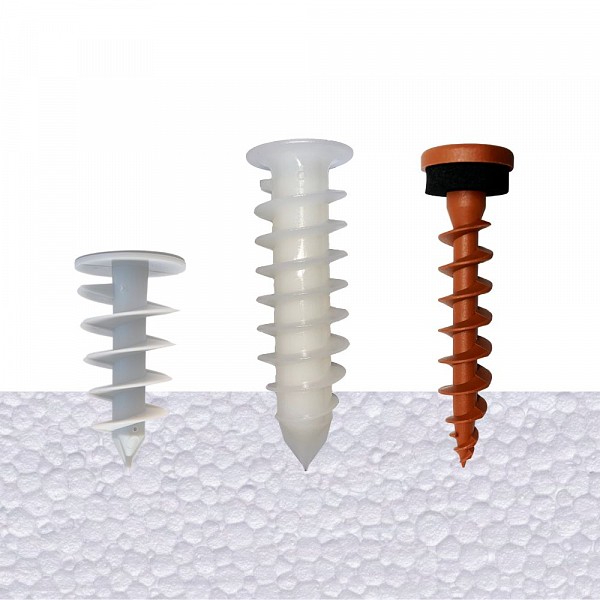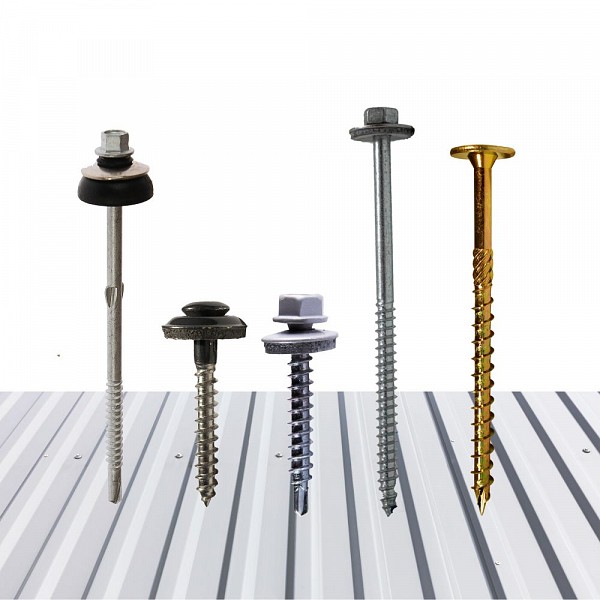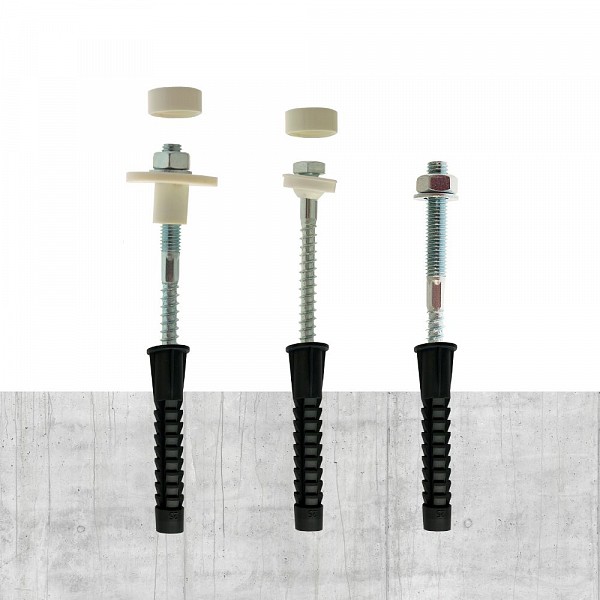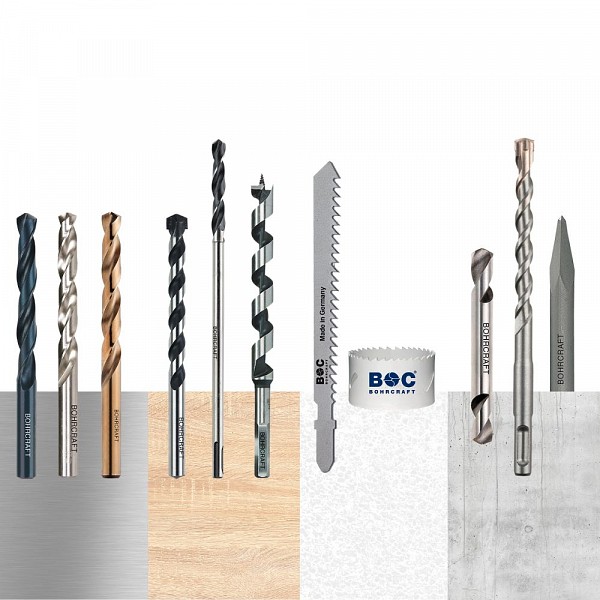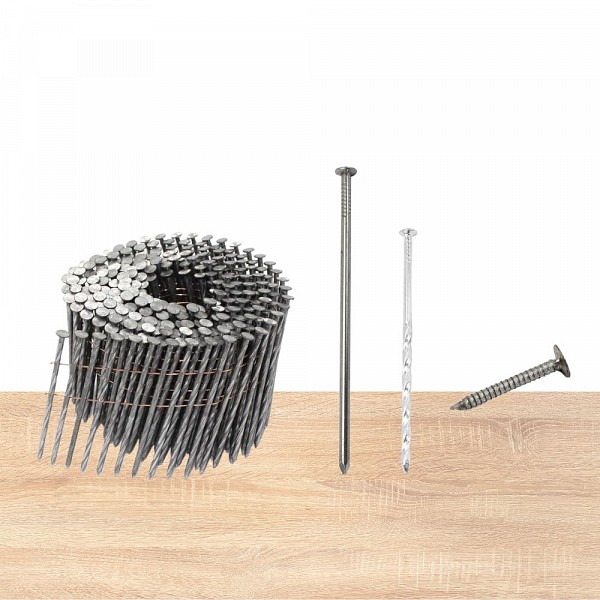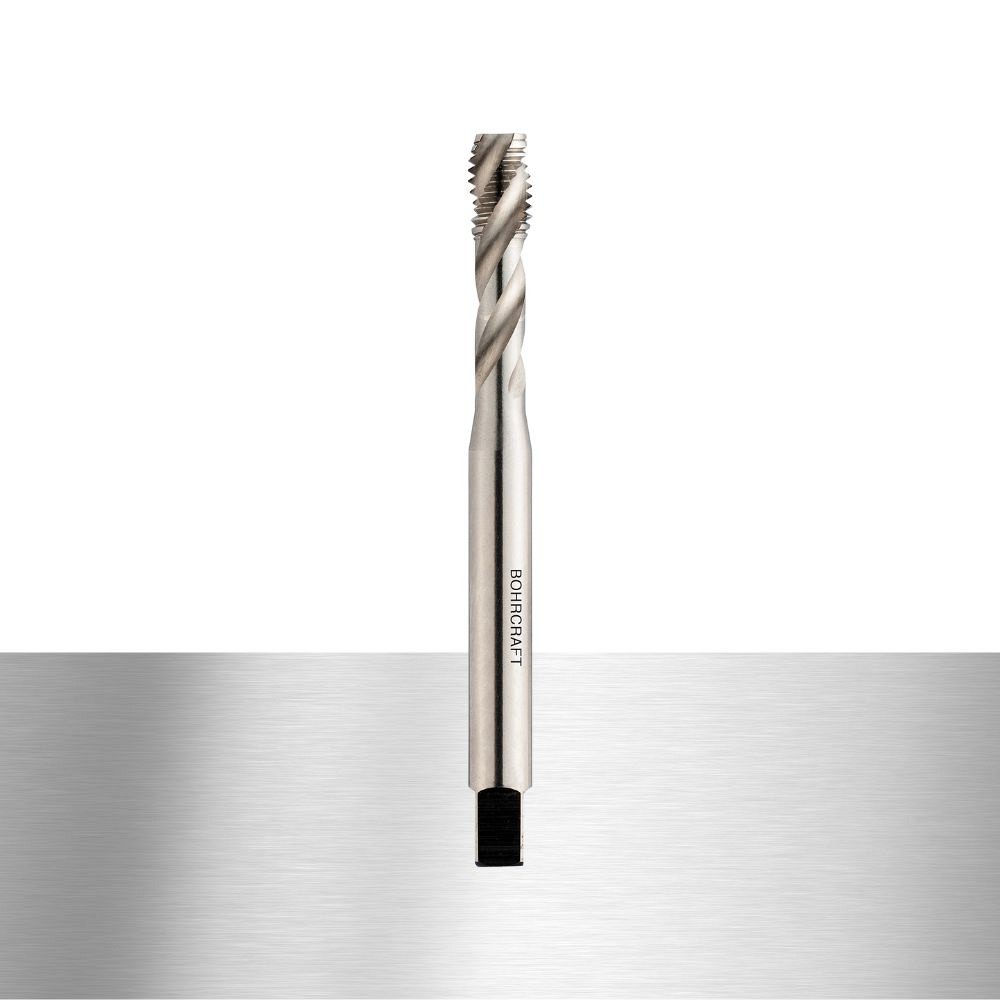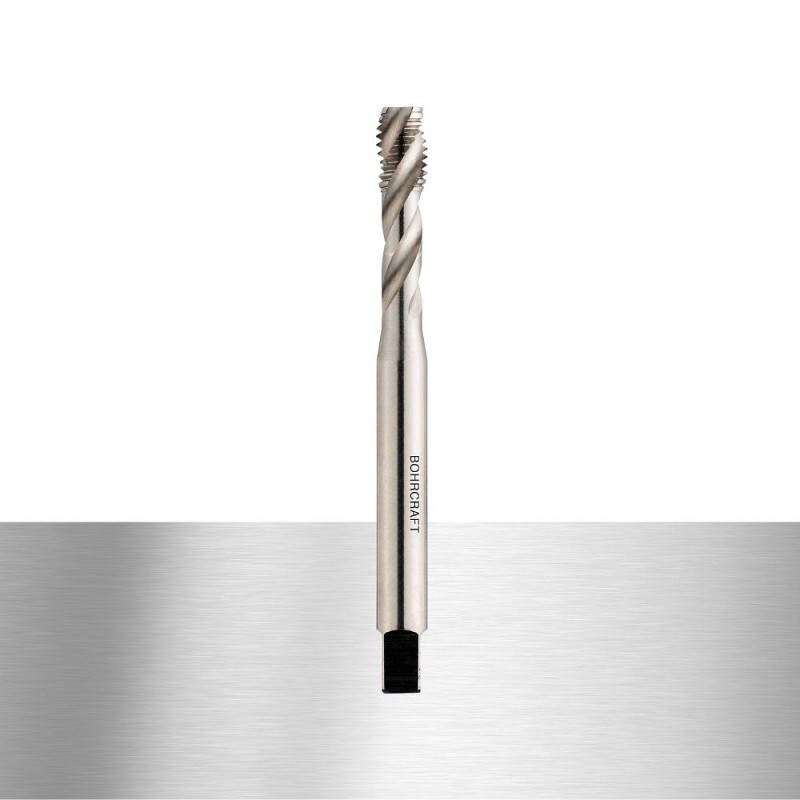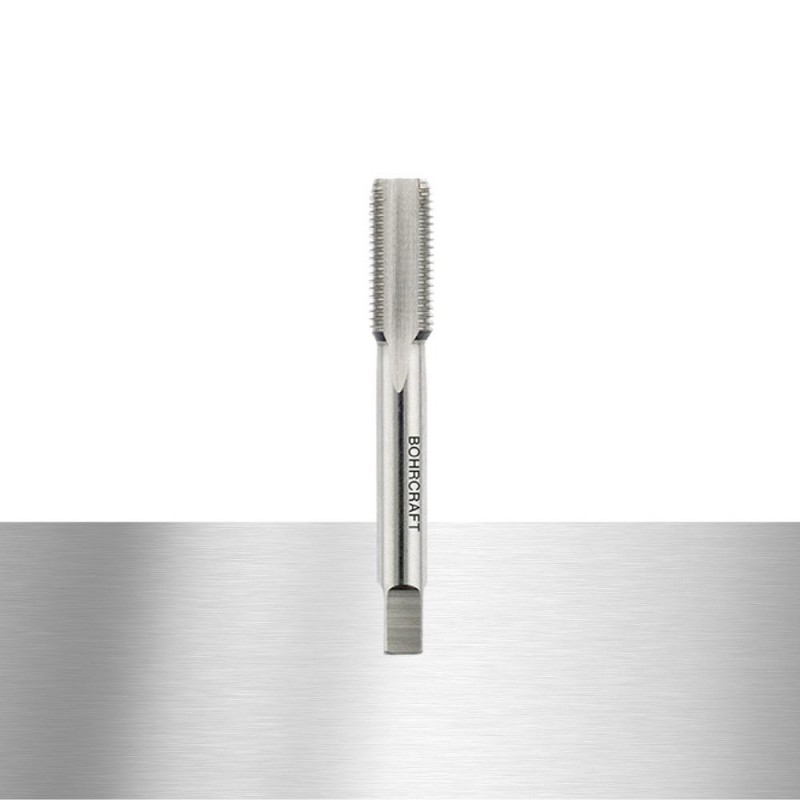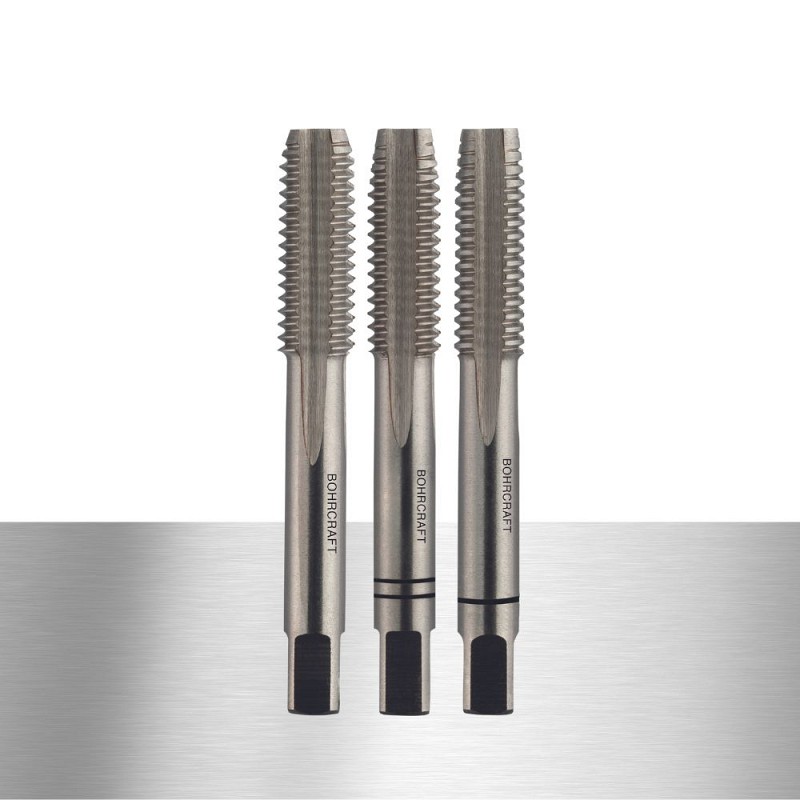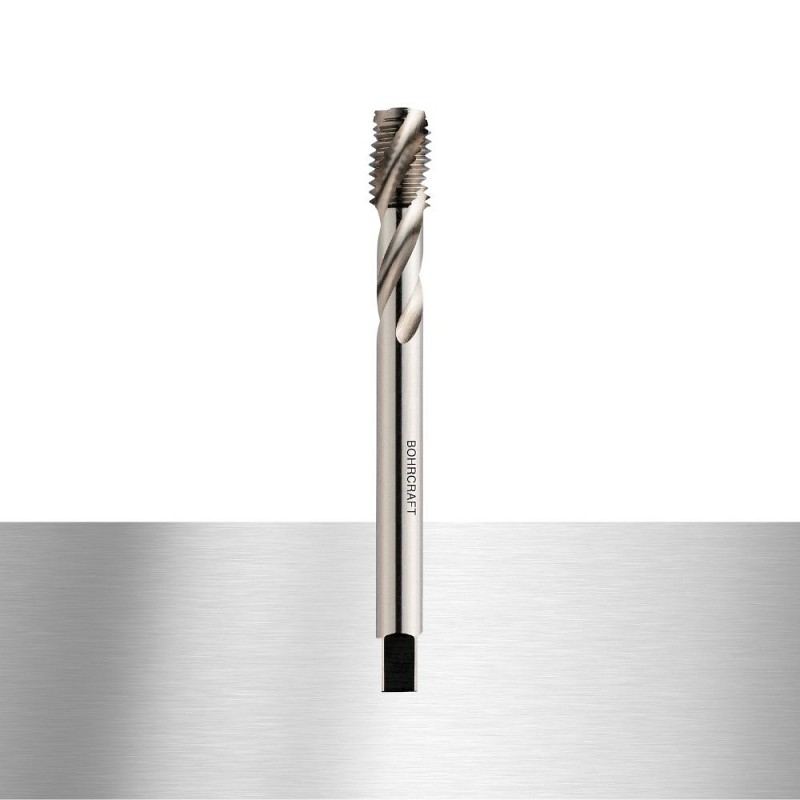Machine Taps DIN 371 HSS-G - a closed hole ( C ) 35°
Description:
The machine tap drill is manufactured from HSS steel. It is used for tapping threads in closed holes and non-alloyed steels up to a hardness of 800 N/mm². The incision is made in one operation. High-speed steel, mainly known as "high speed steel", represents a group of alloyed tool steels with a carbon content of up to 2.06% and with up to 30% of alloying elements such as tungsten, molybdenum, vanadium, cobalt, nickel and titanium. HSS materials are characterized by high hardness, wear resistance and temperature stability up to 600 °C. Tools made of HSS are less sensitive to shocks and vibrations, which sometimes cause breakage very quickly with harder cutting materials.
Appliaction:
- To cut the internal thread, first drill a core hole whose diameter is approximately one step smaller than the nominal diameter of the thread.
- Taper holes are then made 10% larger than the thread diameter to provide better feed into the bore when tapping and to prevent the first and last thread notches from being pushed outward.
- Then the taps are twisted and unscrewed in turn.
- The final diameter of the thread core is created by additional plastic shaping of the thread flanks.
- For a longer service life of the tools and optimal surface quality, cutting oils or other cooling lubricants are used for lubrication, because they reduce the friction between the chips and the blades of the screw drill, and thus also the necessary torque.
- With manual taps, after two turns, the drill must be turned back a third of a turn to break off the chip. This reduces the load on the drill bit, which therefore does not break as quickly.
Products
| Title | Code | EAN code | Delivery | Price / pcs | Discount | Your price / pcs | Quantity | Product ID | Product Extras ID | Dobavni rok |
|---|
Note:
all prices shown include VAT
Copyright © 2019 - 2025 AS system d.o.o., All rights reserved. | Protection of personal data



